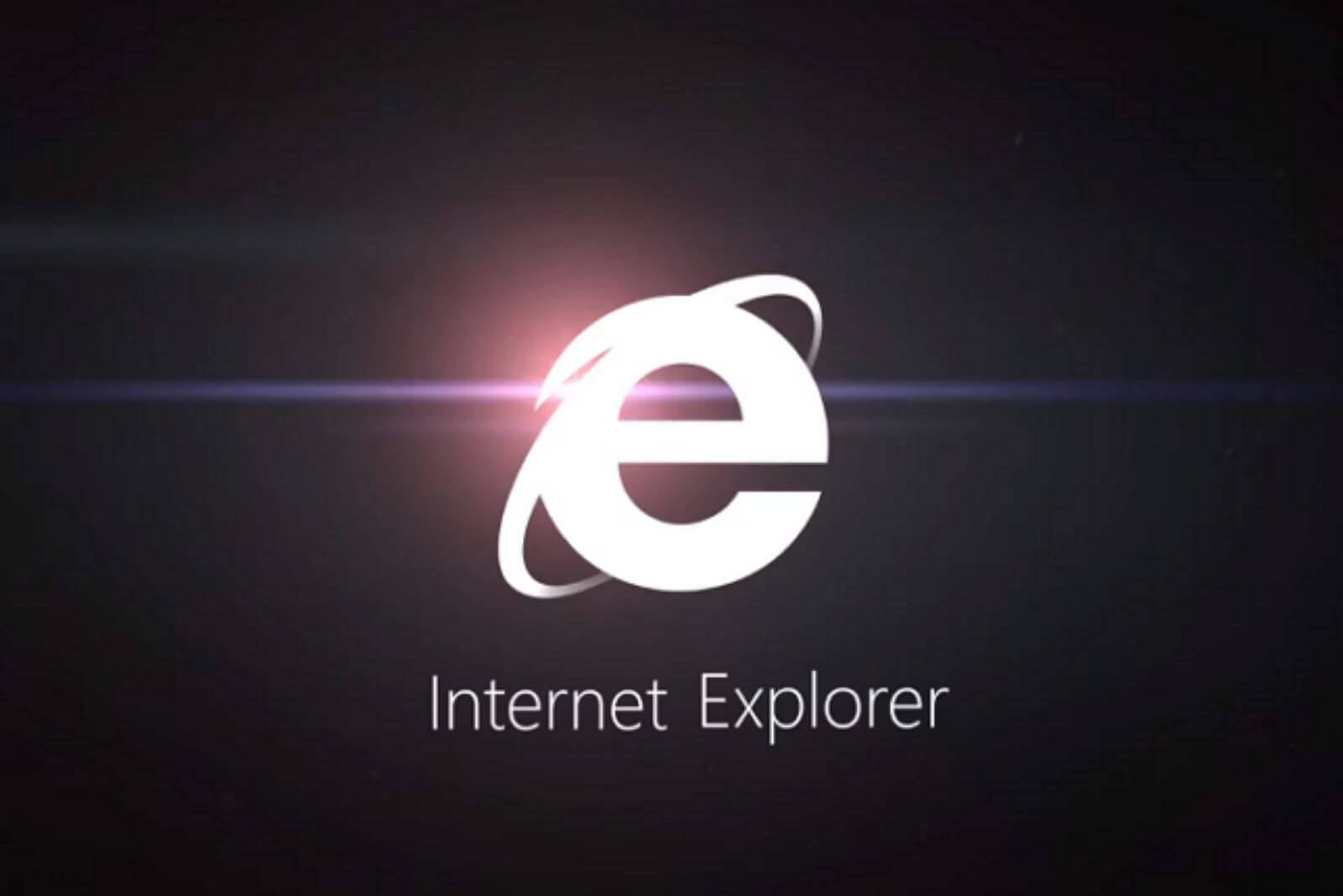- Microsoft will end support for Internet Explorer 11 on June 15, 2022.
- The end of support will affect Windows 10 20H2, 21H1, and later releases.
- The support will continue for Windows 10 LSTC, Windows Server, Windows 8.1, and 7.
- Moving forward the company recommends using Microsoft Edge with IE mode.
After more than 25 years, Microsoft has announced that Internet Explorer (IE) on Windows 10 would be retiring. The company has already moved to Microsoft Edge, a more advanced and current browser, but it has retained Internet Explorer so that businesses can still access older pages and services. However, on June 15, 2022, it will all stop.
The firm announced on the Windows Blog that all consumer editions of Windows 10 would stop supporting the desktop version of Internet Explorer 11 on June 15, 2022. For the foreseeable future, the browser will still be shipped with the operating system’s Long-Term Servicing Channel (LTSC).
Although upgrading those outdated websites and services would be the wisest course of action going forward, Microsoft is providing the Internet Explorer mode as a backup option for companies.
A feature of Microsoft Edge called “IE mode” enables rendering incompatible websites with a contemporary web browser without the requirement for Internet Explorer. Although you can enable Internet Explorer mode on Microsoft Edge, this is not a long-term fix because support will expire in 2029.
Although many people may be surprised by the news, it has been coming for a while. For years, Microsoft has been working to get people to stop using the outdated browser. For instance, the business started discontinuing support for the outdated browser for Microsoft Teams’ web version in 2020. More precisely, Internet Explorer will no longer support Microsoft 365 services, such as Office, OneDrive, Outlook, and more, on August 17, 2021.
The program will be deleted from machines running Windows 10 20H2 and later versions, even though support for Internet Explorer will end in 2022. The legacy version of the browser will still be supported by older versions, such as Windows 10 LTSC, Windows Server, Windows 8.1, and Windows 7 (Extended Security Updates).
Along with the announcement, the business also released a frequently asked questions page that included all the information you required on Internet Explorer 11’s retirement.



